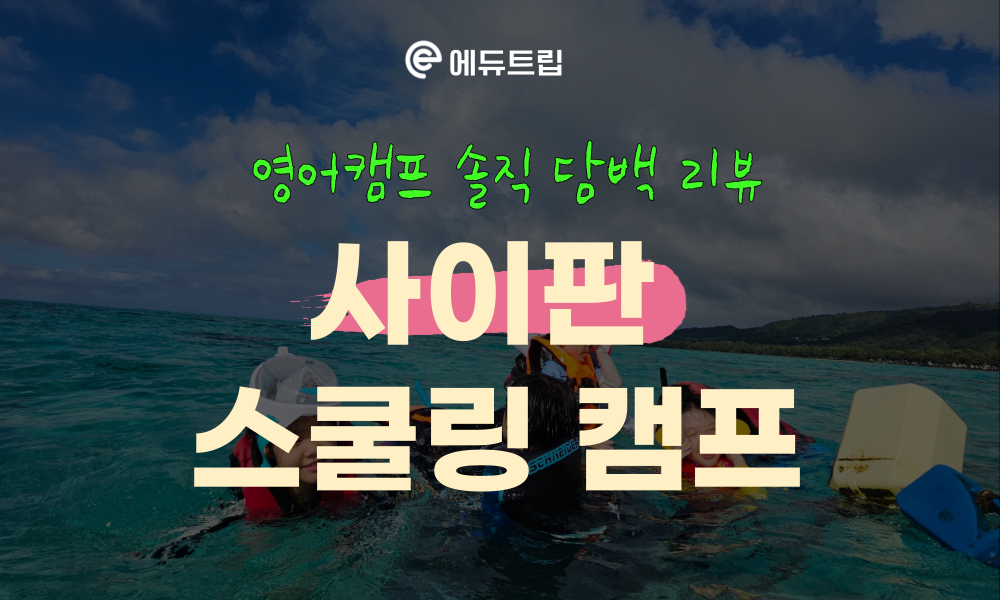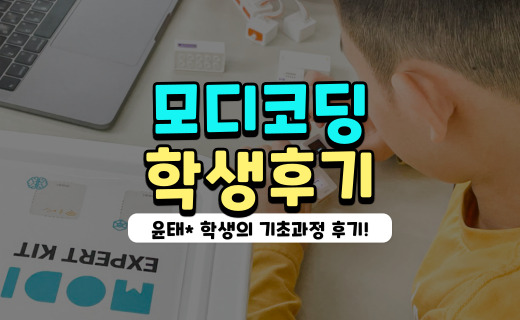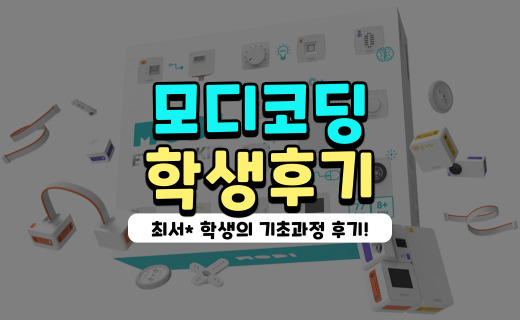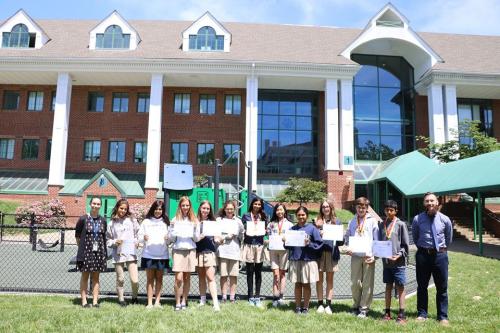[Connected student interview] interview with a graduate from UC, Irvine in Economics
Graduated from UC, Irvine with bachelor’s degree in economics
Graduated from Yonsei International Graduate School with master’s degree in international trade
-Interview with Alice Kim-
Alice Kim went to study abroad in US at early age, and chose graduate major in international development cooperation field after graduating with bachelor’s degree in economics. We have asked her what she has learned in the school of economics at University of California, and during the internship at Korea International Cooperation Agency (KOICA) after graduation. Let’s meet Alice Kim, who is building a great career by combining two seemingly inconsistent fields of economy and international development cooperation.

Q. Hello, tell us about yourself.
Hello, I’m Alice Kim. I went to study abroad in US in my sophomore year in high school. During the first year, I went to a boarding school in Pennsylvania. Then, I transferred to a high school in Irvine, CA. After high school graduation, I went to UC Irvine and studied economics.
Q. What made you study abroad?
When I was in elementary school, I left for language training in Canada. Even though my English wasn’t good enough, I had a lot of fun memories. Perhaps because of such memories, I always wanted to study in US or Canada. The study method and life of a Korean school felt unusually frustrating, so I decided to study in US and prepared for a year to study in US.
Q. What kind of school is UC Irvine?
University of California, Irvine is a state university located in Irvine, California. Orange County, Irvine is a city popular among Koreans for its security, cleanliness, beautiful scenery and mild climate. UC, Irvine is not only famous for its business school, English literature, and social sciences, but also for its excellent faculty. Above all, the school has excellent well-rounded career development support process for students. After comprehensively considering various conditions, I decided to go there because it would fit me well.
Q. Why did you study economics at UC Irvine?
I got interest in economics and statistics as I took AP Statistics/AP Economics in high school. Then, after reading “New ideas from Economists”, an economic classic written by American economist Todd G. Buchholz, I became interested in the fact that economics is very closely connected to our daily lives and decided to learn more in depth as a major.
Q. What do students learn in economics?
During the 1st year in college, students must to take micro/macro economics classes. After acquiring basic theoretical knowledge of economics, I took statistics, sociology and business administration as additional required courses for quantitative/qualitative analysis. I discussed about economic value of limited resources, learned about the opportunity cost, and learned how to make rational decision.
In class, students mainly discuss how individual economic unit, including individuals, companies, countries and NGOs, participate in the market and make rational decisions. Students learn not only about solutions that are unconditionally focused on economic growth, but also about ethics and responsibility.
Q. Why did you go do graduate school in Korea after finishing undergraduate in US? What did you learn in graduate school?
I became interested in the field of international development cooperation when I majored in economics in undergraduate. So, I wanted to study more in the field. While looking for a master's program in US, I found out that Korea also has an excellent master's program in international development cooperation, and I applied for it. I chose Yonsei University Graduate School of International Studies because of the excellent Korean faculty and the chance for studying in English. In graduate school, I learned all the issues related to international development. Students discuss how countries, individuals and international organizations should address poverty eradication and sustainable development.
Q. You studied economics in two different countries. Tell us the difference.
I didn’t exactly study economics in Korea. But Korea has a bachelor's curriculum that focuses more on mathematics itself, such as economics, social theory and statistics. However, in US, students discuss the methods for actual solution for problem based on theory, and conducts classes to find solutions. It's hard to judge which is better, but studying in both countries helped me a lot.
Q. You interned in KOICA. What did you do?
Korea International Cooperation Agency (KOICA) is providing job opportunities in Official Development Assistance (ODA) related companies for youth under the age of 34. After I graduated from Yonsei University Graduate School, I applied for KOICA Young Professional ODA Internship and did my internship at a company providing consulting in Development Cooperation Project.
Demand for economic development consulting with Korea’s expertise in economic development is highly sought after in the field of economic/policy cooperation in developing countries. The private sector too is conducting consulting based on the business potential of developing countries. I did my internship as a research assistant for various consulting proposals to increase the efficiency and effectiveness of free and paid aid. At the same time, I continuously participated in international development cooperation studies, obtained ODA certification, and participated in EDCF conferences. While working practically in the field of international development cooperation based on economics, I felt that it was important to become a specialist rather than a generalist.
Q. What do you want to do in the future based on what you have studied?
I thought of becoming a specialist in gender/human rights through various practical experiences after completing the master's course. For now, I am preparing for a master’s program in a school overseas, and hope to work in UNEP/UNDP based on gender and human rights fields.


![[영어캠프후기] 영어 캠프 참가 아이들의 생생한 캠프 이야기 (캠프 후기)](https://connectedu.com/uploads/20250416/zDmO0ObMIjadZUY.png)






